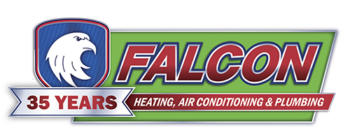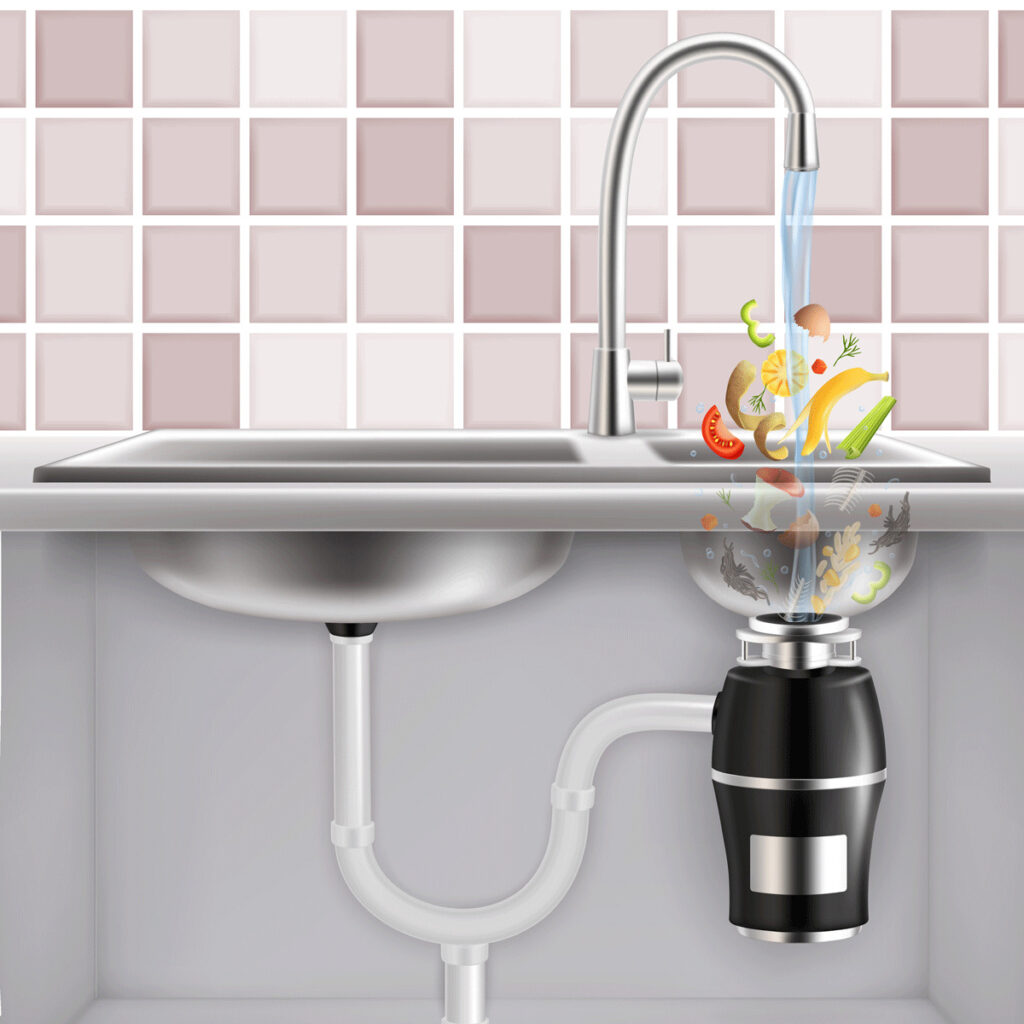Tossing your food scraps into the garbage disposal can feel almost relieving. There’s no need to wrestle with eggshells or apple peels; simply push them down the drain, switch on the disposal, and relish the satisfying sound of your worries melting away.
But let’s not kid ourselves – the food doesn’t perform a vanishing act. It simply moves on to your local wastewater treatment plant, where all the water from your household plumbing ultimately converges.
However, the ease of washing your concerns down the drain this way can sometimes stir up problems in your plumbing system.
Not all garbage disposal waste is suitable for your plumbing system. For example, grease, oils, and fats can clog your pipes and cause serious problems in the sewage treatment process. This can also cause pipe clogs that can wind up being a hassle or costly to fix.
When you use a garbage disposal unit, the waste is sent down the drain and into your home’s plumbing system. From there, it travels to the larger city sewer system that services your area.
It’s worth noting that some homeowners choose to dispose of their garbage disposal waste using a septic tank system instead of the public municipal sewer system. Septic systems work by containing and treating waste on-site, and they can be a good option for homes that are not connected to the municipal sewer system. However, it’s important to follow the correct guidelines for septic system use and maintenance to avoid causing harm to the environment or your property.
Garbage disposal waste may seem like a small and insignificant part of our daily lives, but it’s important to remember that it has a significant environmental impact. By understanding where your waste goes and how it’s treated, you can take steps to reduce your environmental footprint and ensure that your plumbing and waste systems are working as they should by calling Falcon at (703) 596-9998.

